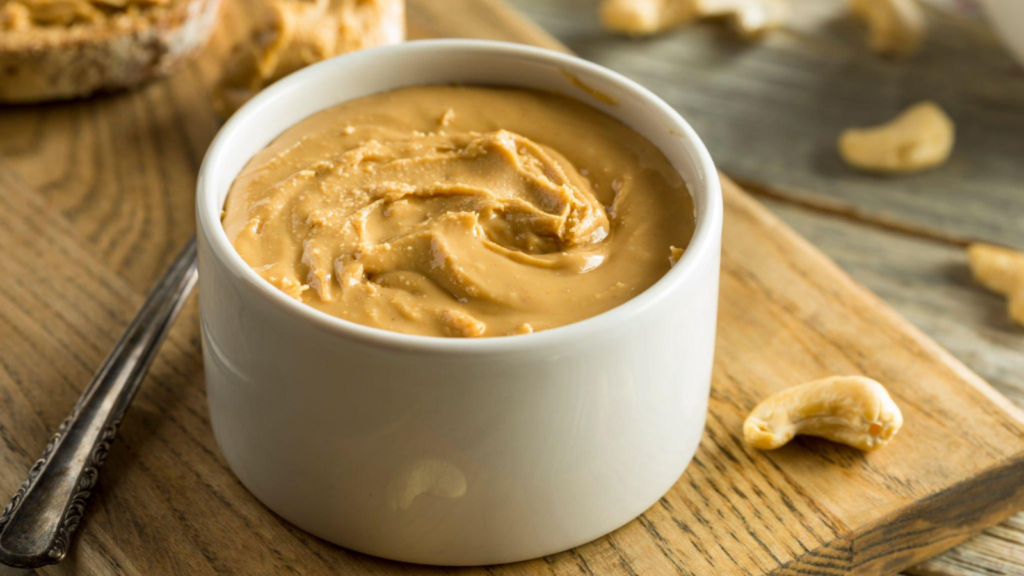After cataract surgery, your body undergoes a healing process that requires careful attention to diet. What you eat can significantly impact your recovery, making it essential to avoid certain foods that may hinder healing or increase the risk of complications. This blog will explore the foods you should avoid after cataract surgery, the reasons behind these recommendations, and some nutritious alternatives to support your recovery.
Understanding Cataract Surgery
Cataract surgery involves removing the cloudy lens of the eye and replacing it with an artificial lens. While the procedure is generally safe and effective, the recovery phase is crucial for optimal results. A balanced diet rich in nutrients can support healing, while certain foods may impede recovery or lead to complications.
Foods to Avoid After Cataract Surgery
1. Highly Processed Foods
Highly processed foods, such as candy, sweetened cereals, chips, and fast food, are often loaded with unhealthy fats, sugars, and sodium. These foods can lead to inflammation, which may slow down the healing process after surgery. Additionally, they lack essential nutrients that promote recovery.
2. Added Sugars
Excessive sugar intake can cause inflammation, which is detrimental to healing. Foods high in added sugars, such as sodas, pastries, and sugary snacks, should be avoided. Instead, opt for naturally sweet fruits like berries or kiwis, which provide vitamins and antioxidants without the added sugars.
3. Refined Carbohydrates
Refined carbohydrates, found in white bread, white rice, and many pastries, are low in fiber and essential nutrients. They can spike blood sugar levels, which may negatively affect recovery. Whole grains like brown rice, quinoa, and whole-grain bread are healthier alternatives that provide necessary nutrients and fiber.
4. Fried Foods
Fried foods, including French fries and fried chicken, contain unhealthy fats that can promote inflammation and slow healing. These foods are often high in trans fats and saturated fats, which have been linked to various health issues. Instead, consider grilling, baking, or steaming your food to retain nutrients without adding unhealthy fats.
5. Alcohol
Alcohol can dehydrate your body and eyes, impairing the healing process. It can also weaken your immune system, making you more susceptible to infections. It is advisable to avoid alcohol for at least a week post-surgery, or as directed by your healthcare provider.
6. Tobacco Products
Smoking tobacco significantly increases the risk of complications after surgery, including infections and delayed healing. The harmful chemicals in tobacco can adversely affect blood circulation and overall health, making it critical to avoid tobacco products during recovery.
7. High-Sodium Foods
High-sodium foods, such as canned soups, deli meats, and salty snacks, can lead to fluid retention and increased blood pressure, which may strain your eyes during recovery. Opt for fresh, whole foods and use herbs and spices for flavor instead of salt.
8. Spicy Foods
Spicy foods can cause discomfort and irritation, particularly if you experience dryness or sensitivity in your eyes after surgery. It’s best to avoid spicy dishes until you have fully recovered.
Nutritional Alternatives for Recovery
While it’s essential to know what to avoid, it’s equally important to focus on foods that promote healing. Here are some beneficial options:
1. Protein-Rich Foods
Foods rich in protein, such as fish, chicken, turkey, eggs, tofu, and legumes, provide the amino acids necessary for tissue regeneration and healing. Incorporating these foods into your diet can support recovery.
2. Antioxidant-Rich Fruits and Vegetables
Fruits and vegetables high in antioxidants, such as berries, citrus fruits, spinach, and kale, can help reduce inflammation and promote healing. These foods are rich in vitamins A, C, and E, which are crucial for eye health.
3. Healthy Fats
Incorporate healthy fats from sources such as avocados, nuts, and olive oil. These fats can help reduce inflammation and support overall health. Omega-3 fatty acids, found in fatty fish like salmon and walnuts, are particularly beneficial for eye health.
4. Whole Grains
Whole grains, such as brown rice, quinoa, and oats, provide essential nutrients and fiber that support digestive health and overall well-being. They are a healthier alternative to refined carbohydrates.
5. Hydration
Staying hydrated is crucial for recovery. Drink plenty of water throughout the day to keep your body hydrated and support healing.
Conclusion
Post-cataract surgery recovery is a critical time that requires careful attention to your diet. Avoiding highly processed foods, added sugars, refined carbohydrates, fried foods, alcohol, tobacco, high-sodium foods, and spicy dishes can significantly enhance your healing process. Instead, focus on a nutrient-rich diet that includes protein, antioxidants, healthy fats, whole grains, and plenty of water.By making informed dietary choices, you can support your recovery and promote better eye health in the long run. Always consult your healthcare provider for personalized dietary recommendations tailored to your specific needs.
FAQ
1. How long should I avoid certain foods after cataract surgery?
It is generally recommended to avoid unhealthy foods for at least a week after surgery, but consult your doctor for specific guidance based on your recovery.
2. Can I drink alcohol after cataract surgery?
It is best to avoid alcohol for at least a week post-surgery, as it can dehydrate your eyes and weaken your immune system.
3. What should I eat to promote healing after cataract surgery?
Focus on a diet rich in protein, antioxidants, healthy fats, whole grains, and plenty of fruits and vegetables to support your recovery.
4. Are there any specific vitamins I should include in my diet?
Vitamins A, C, and E, along with zinc and omega-3 fatty acids, are particularly beneficial for eye health and recovery.
5. Can I resume my normal diet after a week?
While you can gradually reintroduce foods into your diet, it’s essential to continue avoiding unhealthy options and focus on a balanced, nutritious diet for optimal healing.


